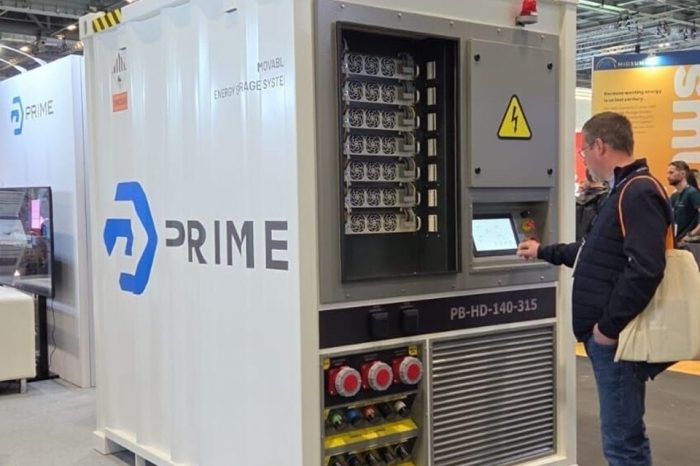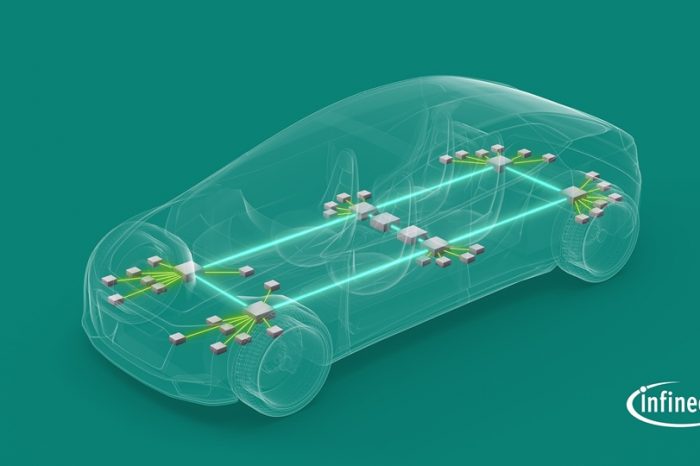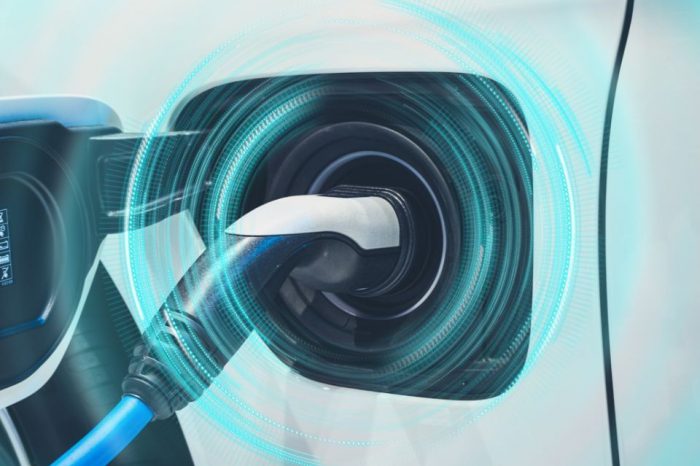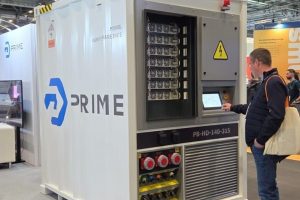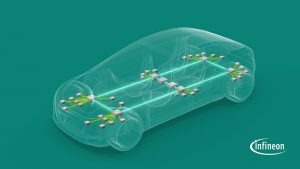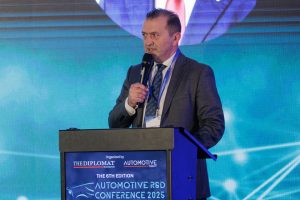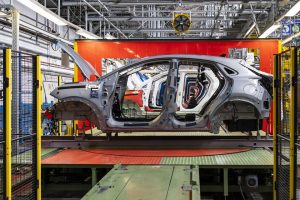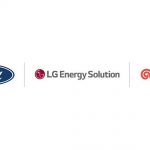Ford to produce batteries for electric vehicles in Turkey
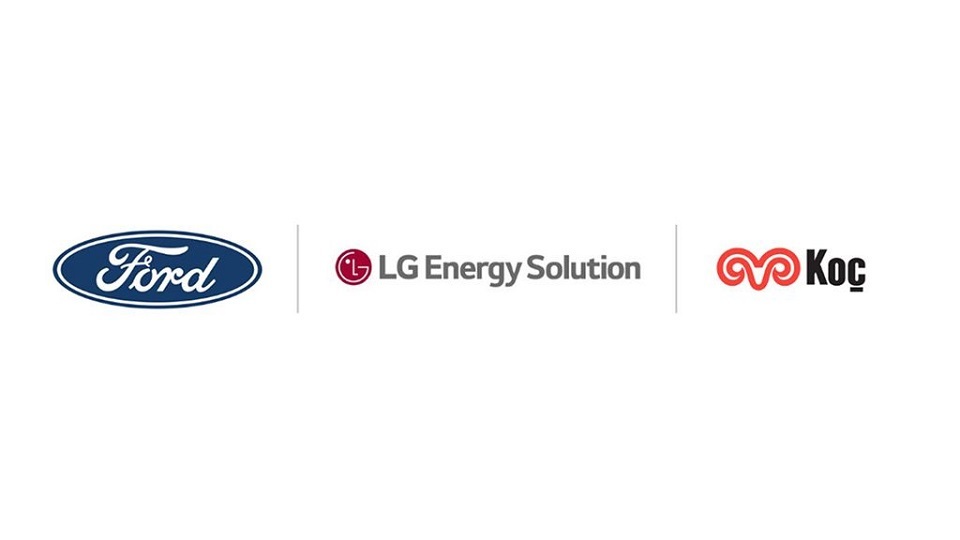
Ford Motor Company, LG Energy Solution and Koç Holding signed a non-binding memorandum of understanding (MoU) to form a new joint venture subject to final agreement by all the parties to create one of Europe’s largest commercial electric vehicle battery cell facilities near Ankara, Turkey.
The new joint venture will be located in an organised industrial zone in Başkent, near Ankara. The project is on track and expected to break ground later this year. Production is intended to start in 2026 with the three parties committing to at least 25 GWh of annual production capacity, which could potentially expand up to 45 GWh.
“Ford continues to ramp up our electric vehicle plans as we scale to be a leader in the electric vehicle revolution. We are delivering on the commitment to produce batteries in the same region where we build electric vehicles. Establishing the new joint venture with LGES and Koç Holding will lay a solid foundation that is fundamental to building a thriving electric vehicle future for Ford in Europe,” said Lisa Drake, vice president, Ford EV Industrialization.
This joint venture builds on long-standing business relationships Ford has with both LGES and Koç Holding. Ford and LGES have worked together for more than a decade, with LGES most recently supplying batteries from its plant in Poland for the Ford Mustang Mach-E and E-Transit. Ford Motor Company and Koç Holding enjoy a strong relationship that stretches back almost a century and includes the Ford Otosan joint venture, established more than 60 years ago.
“Our long-time business relationship with Ford is the result of our commitment to deliver unmatched product competitiveness, stable yields, and global operational expertise, made possible by our extensive knowledge accumulated through pre-emptive investments in global markets,” said Youngsoo Kwon, CEO of LG Energy Solution. “Now joining forces with Ford and Koç in Turkey, we will bring in our leading battery technology to further boost the EV transition in Europe, thereby leading the global initiatives for a more sustainable future.”
In a statement Koç Holding said: “We deeply feel the pain of the terrible earthquake disaster that occurred on February 6. As Koç Group, we mobilized all our resources for our country. We believe that investments such as this major one will play a crucial role in overcoming this extraordinarily difficult period. In this respect, we underline our determination to implement this investment facility with two global companies which will bring our country a significant global competitive advantage in the automotive industry. We express our condolences to our nation and truly believe that we will overcome these difficult times with unity and solidarity.”
Added Ford’s Drake: “As Europe’s leading commercial vehicle brand for the past eight years, we want to continue providing our customers with the most efficient and innovative vehicles supporting their business goals through our Ford Pro vehicle services and distribution business. This new battery joint venture is a prime example of how we are leveraging our strategic business relationships to strengthen our business.”
By 2035, Ford in Europe will offer an all-electric fleet of vans and passenger vehicles, new generation of zero-emission vehicles, optimised for a connected world, offering customers ever-improving services and user experiences.
LGES has the largest global battery manufacturing network consisting of its manufacturing facilities in six countries (Korea, U.S., China, Poland, Indonesia, and Canada), with a total annual production capacity of 200GWh. Capitalizing on its solid production outputs and efficient operations, LGES is committed to providing the world-best customer value, as well as expediting the transition to clean energy through investing in R&D of next-generation battery technologies. Thanks to the surge in global demand, the company’s order backlog recorded KRW 385 trillion at the end of 2022. LGES aims to expand its global production capacity to 300GWh by the end of this year.


